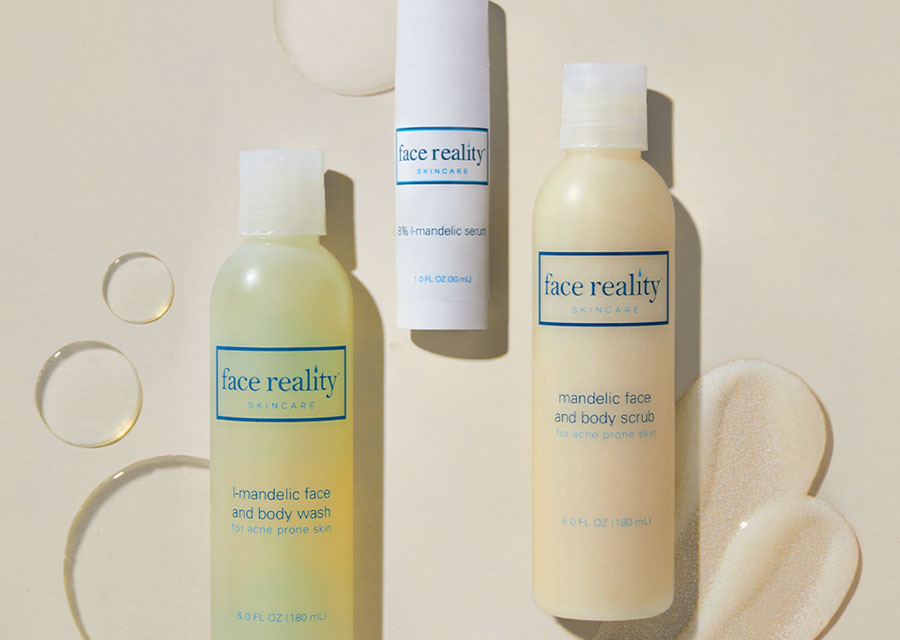
The difference between Medical grade products and Over-The-Counter (OTC) products
Hello, and welcome back for another blog post! In this blog, my goal is to explain to you the difference between medical-grade skincare products and Over-The-Counter (OTC) products. Many people don’t really understand the difference between them, therefore I’d like to offer some clarification.
If you grew up using Over-the-Counter (OTC) skincare products, or still are using them, you are not alone. All over the world, millions of people continue to invest time, money, and energy in search of the perfect skincare regime to fight acne, remove blemishes, combat aging and keep their skin looking younger and healthier. By now, I’m sure you’ve accumulated a large assortment of skincare products—so let me ask, do any of these skincare products help you achieve your desired results? Do they do what they say and leave you feeling satisfied with your skin’s appearance and texture? Or two months later do you find yourself back at square one looking for a better alternative?
Well, I am here to tell you that, YES, medical-grade products add more value to your skincare routine and help you spend less time searching for products and more time treating your skin concerns! And no, not all medical-grade products require a prescription, in fact most are available at your local Esthetician clinics or MedSpas. Medical-grade products are great for any age group, and the earlier you start using them, the greater chance you have at preventing ace scarring, early signs of aging, and protecting against future damage.
Although you may have thought your skin was getting all the essential ingredients it needed to maintain a healthy complexion, the sad truth is OTC skincare products are highly ineffective when compared to medical-grade skincare products. Why is this? Well, OTC products would be skincare that you can buy at Ulta, Sephora, MLM’s, and is available to the general public. These products have a lower percentage of active ingredients which make them “safer” because you don’t have a professional to test the products on your skin or monitor your progress. OTC products only work on the surface level, they do nothing to your skin on a cellular level.
On the other hand, medical-grade skincare products have active ingredients at a much higher strength, making them more effective. Because of this, they are thoroughly researched, repeatedly tested and FDA-cleared for patient use. Because of these higher levels of active ingredients, they must first undergo a thorough examination to ensure safety and efficacy for your skin. What I also love about medical-grade products, is that they work in your skin’s favor by offering a better delivery system to help penetrate the skin, allowing the ingredients to sink deeper and treat the core issue of your skin concerns. Medical-grade skincare products are specifically designed to work on a cellular level; they have very sophisticated delivery systems that are designed to penetrate the Epidermis.
Another major difference I want you all to be aware of between the two is that OTC products are heavily driven by advertisements, promotions, endorsements, and cool packaging. Whereas medical skincare is backed by years of clinical research and true results. You truly get what you pay for when buying medical-grade skincare.
I hope you enjoyed this post and found it educational, as well as makes you think twice before buying more OTC products! If you would like to begin a customized skincare routine for your specific concerns, book an appointment with me today. Together, we can get you the complexion you’ve always dreamed of!
-Kelsey Rae

You must be logged in to post a comment.